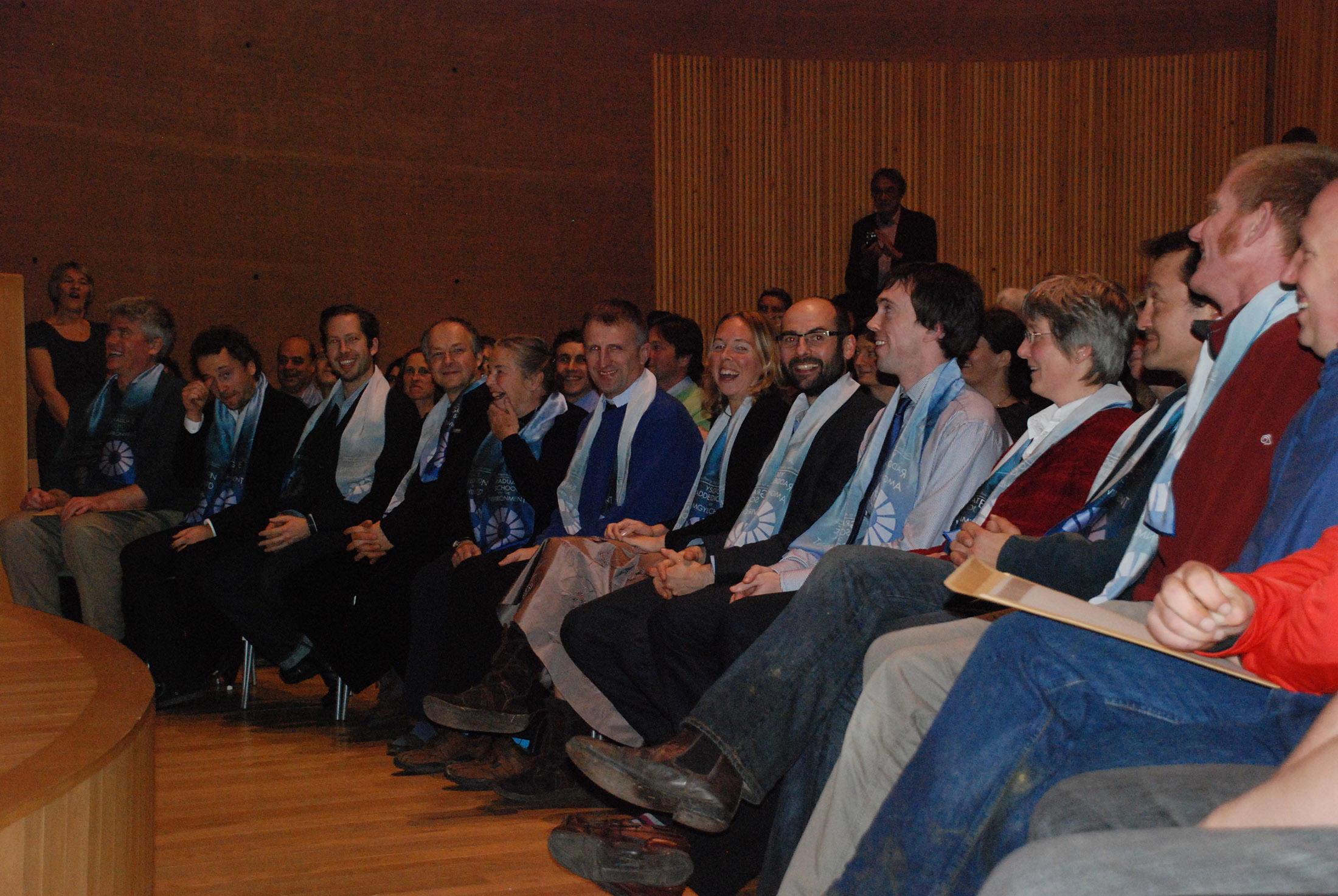There is so much information to take in during undergraduate enrollment. Aside from the obvious necessary academic details, have you ever stopped and wondered whom prospective students would like to hear from? Who are the people they might make a connection with? Whose opinions of your institution will influence them the most? What should you include in your undergraduate admissions marketing strategy? We’ve compiled a short list of those whom students might relate to or hold high regards for when it comes to opinions of your school.
Related post: Are You Making These Undergraduate Enrollment Management Mistakes?
 |
| Image by Flickr user www.audio-luci-store.it |
The first, and perhaps the most obvious group of people prospective students would like to hear from would be current students at your institution. These are the people who they relate to the most, as they are already experiencing classes as well as campus living. They are going to be able to answer any questions prospective students are going to have with first-hand experience. Incoming students will take these answers to heart knowing they are being given an inside look at what to expect when they come to campus. This is especially helpful for the things really included in a brochure such as how to adjust and deal with dorm living, as well as possible jobs on and off campus. They will be interested in learning tips on how other students juggle the workload, for example, finding out the best study spots to help balance school work with that exciting social life. No one knows how to answer these questions better than those who are experiencing it right now.
 |
| Image by Flickr user COD Newsroom |
The next best thing to hearing from current students would be speaking to recent alumni, who are young and fresh to the post-college experience. These are the people who are going to be able to look back at their undergrad years and give a little insight on things to focus on. They’re finding out right now what undergraduate experiences are helping them in the real world. Fresh alumni can shed some light on what life was like leading up to and past graduation. Another great thing they can do is attest to how their hard work has paid off; they can explain what they’re doing with their degree and how the experiences they gathered at your school has helped get them where they are. They know better than anyone the opportunities at hand associated with being an alumni of your school.
Next on the ladder of speakers would be the graduate school/fellowship officials. They can explain the value of an education and a degree from your institution. They have been around long enough to have some real world experience, and have been able to use their hard earned degrees to expand their careers over many years. These are the people who can endorse your school by being proof of the great success stories your school has helped create. Of course, most importantly, they can help undergraduate students understand the possibilities now open to them if they choose to attend your school. They have first hand experience stemming from the education and degree earned at your institution.
 |
| Image by Flickr user celt.keene |
Last, but not least, prospective students might want to hear from someone less associated with your institution. This would be a hiring manager — someone who has graduated from your institution and can compare their education to others they have encountered in the job field or someone completely unaffiliated. These hiring managers can explain from a different perspective how experience and a great education can help prepare for any given job field. They know the value of a degree and are looking for people who can apply this knowledge to a real job. They can explain how degrees open doors — how hard work and determination pay off when it comes to interviewing for that desired job. They can also give some insight on what managers are looking for while interviewing prospective workers, giving students something to work on for their future endeavors.
Photo credit goes to Flickr user Centre for Alternative Technology



